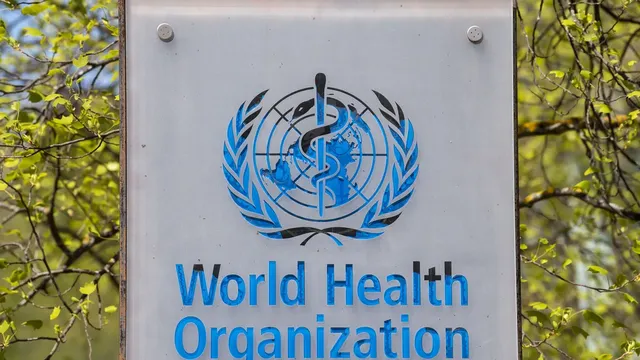Massive cuts in foreign aid, led by the United States, are expected to drive international health funding to its lowest level in 15 years, according to a new study, AFP reported. The authors warn that the world has entered a new “era of global health economics.”
Funding that supports health services for some of the world’s poorest and most vulnerable populations has been drastically reduced this year, with the administration of U.S. President Donald Trump playing a leading role.
The study, published in the prestigious medical journal The Lancet, also highlights recent major aid reductions from the United Kingdom, France, and Germany.
After reaching a record $80 billion during the COVID-19 pandemic in 2021, international health aid is projected to fall to just $39 billion this year, according to the team of U.S.-based researchers. This would mark the lowest level since 2009.
According to the authors, this dramatic shift signals the beginning of a new “era of global health economics.”
The most affected regions will be Sub-Saharan African countries such as Somalia, war-torn Democratic Republic of Congo, and Malawi, where a large portion of health financing comes from international aid, the researchers warn.
The cuts will severely impact treatment and prevention efforts for several diseases, including HIV/AIDS, malaria, and tuberculosis.
According to the study, the U.S. has reduced its global health funding by at least 67% in 2025 compared to the previous year. The United Kingdom has cut its aid by nearly 40%, France by 33%, and Germany by 12%.
The researchers from the U.S.-based Institute for Health Metrics and Evaluation (IHME) are calling for an urgent increase in health assistance and warn that countries will likely need to seek alternative sources of funding.
The study was released as HIV experts gather in Kigali, Rwanda’s capital, for an international HIV science conference.
According to another Lancet study published earlier this month, U.S. aid cuts alone could result in over 14 million preventable deaths by 2030.
By comparison, around 10 million soldiers died during World War I. |BGNES

 Breaking news
Breaking news
 Europe
Europe
 Bulgaria
Bulgaria







